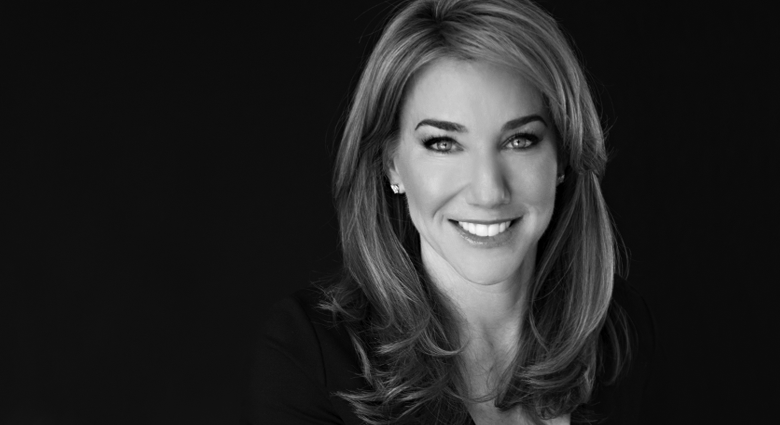Imagine this scenario.
You’ve done all the right things. You’ve found the fastest, most expedient way to the top. You fought and hustled and strived and leaned in to the idea of success that you were told you’d want, that you thought you’d want.
You went to the right school. You got the right internship. You took the right job. You made it.
And, yet, despite seeing all the checkboxes filled in along the path, you wonder, “Why do I still feel as though something is missing?”
The Trouble with Leaning In
Books like Lean In , which took the professional world by storm in 2013, encourage us to follow one particular path: claw our way to the spotlight, wrangle the fast track, demand the big shot. This advice champions the path of assertiveness, of boldness, of driving to the top of the organizational chart with as much speed and determination as we can muster. It encourages us to put ourselves smack-dab in the center of the deal flow.
But, five years later, even Sheryl Sandberg’s own research has found that despite all this leaning in, not that much has changed in terms of equalizing pay or even securing offices for women in the C-suite.
But this unflinching, myopic, one-size-fits-all approach limits us -- women and men both. When we measure our progress by how fast and how high we climb. We are limited by the imaginations and burdens of others. We are limited by their opinions about who we are and where we belong. We are so limited by checking off the boxes of other people’s versions of success that we forget to determine our own. And in these limits, we lose ourselves.
The problem isn’t how we pursue success, it’s how we define it.
Finding Success Through Consonance
I know this from the thousands of leaders from the corporate, nonprofit, and public sectors whom I’ve interviewed during my twenty year career in executive search. And I know it from my own career, founding, running, and eventually selling my executive search firm to the team members who helped me build it. Leaning in and other such approaches to this all-encompassing, Machiavellian pursuit of professional success worked for me—until they didn’t. I’d had that type of success, and now I wanted something else entirely. I needed to get off of the hamster wheel of go-go-go and get onto the pursuit of purpose, of meaning, and of consequence.
I needed my work to matter.
Over the course of my career, found that in order for your working life to feel right for you, it has to actually be right for you. And in order to do that, you will have to align your work and your personal self. In order to become limitless, you must achieve consonance.
Simply defined, consonance is when what you do matches who you are (or want to be). You achieve consonance when your work has purpose and meaning for you. This meaning might be professional, societal, or personal. It might be actual (some concrete, immediate change in your life) or aspirational (a subtle shift in your intentions). Consonance is easy to recognize, but it takes intention to achieve. Realizing it is missing is often easier than figuring out how to get it.
Each time I interviewed a candidate who was successful, but not happy, I saw the same damage caused by a lack of consonance, by the disconnect between purpose, action, and that external view of success. And here’s why: we can’t be insatiably hungry for someone else’s goal, for someone else’s idea of success. Eventually, checking off the boxes for the sake of checking off the boxes comes back to haunt us.
I have come to understand that true success comes from a combination of four particular elements that allow individuals to carve their own path, do their best work, and live their best lives. Each of us will value these elements differently, at different ages and different life stages. (And to take an assessment to determine how much you want and have of each of them, please visit http://www.LimitlessAssessment.com/theartof)
- Calling is a gravitational pull towards a goal larger than yourself—a business you want to build, a leader who inspires you, a societal ill you wish to remedy, a cause you wish to serve.
- Connection gives you sightlines into how your everyday work serves that calling by solving the problem at hand, growing the company’s bottom line, or reaching that goal.
- Contribution is an understanding of how this job, this brand, this paycheck contributes to the community you want to belong, the person you want to be, or the lifestyle you’d like to live.
- Control reflects how you are able to influence your connection to that calling in order to have some say in the assignment of projects, deadlines, colleagues, and clients; offer input into shared goals; and do work that contributes to your career trajectory and earnings.
Put simply: until we are able to control how our connection and our contribution influence and are influenced by our calling, we will continue to be limited in the confidence we have in the choices we make and the chances we take. Understanding how these elements align for you, personally and professionally, will allow you to determine whether you need to change your career, change your workplace, or change yourself in order to become limitless.





.png)
.jpg)

%20(1).png)

What Did You Think?